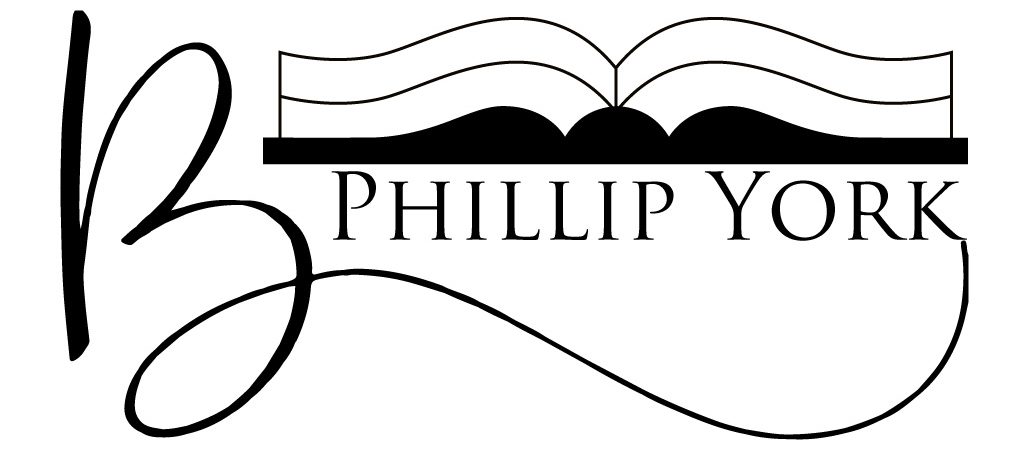This post contains affiliate links. If you click it and buy something through the link, I get a kickback.
I think there’s been a movement to gritty, realistic, highly-detailed secondary worlds. The whole conversation about worldbuilding frequently revolves, especially at a fan level, around how cool it is, and how much of it is there is.
Worldbuilding can be a wonderful thing, and gritty, realistic, highly-detailed secondary worlds can be a wonderful thing. But they’re not the only thing. Some of the best speculative fiction gets by with sparse or nonsensical or contradictory worldbuilding.
Some of this revolves around the idea that any secondary world is really just an analog of our world as we knew it, or a reflection, or a dark mirror. But it’s certainly at least possible to consider truly outre worlds. What if the Planck constant was different? What if the coefficient of friction was changed? What if the ratio of a circles circumference to its diameter was a different ratio? What if 1+1 was 2.1? What would that mean? What might such a world be like?
There is a fallacy that because the rules that underpin our universe came out in the way they did, and that way was highly unlikely, there must be an unmoved mover or a creator of some sort, or this is a simulation or something of that nature. The various constants, the distance from the Earth to the Sun, the boiling and freezing point of water, all these things and many many more put Earth right in a Goldilocks zone that allowed life to develop, and many people think is required for life to develop. But that being true doesn’t mean someone set them up that way on purpose.
Imagine you grab a regular deck of cards and throw them up in the air. Any particular configuration of 52-card pick-up is very unlikely. You might end up with two pairs next to each other, or a seven card flush somewhere, or all the clubs face down. Those are all very unlikely. But the cards have to come down somehow.
The nature of our universe is similar to that. When those probability waveforms collapsed, they had to collapse somehow.
But speculative fiction and fantasy, in particular, is supposed to explore the fantastic. A world with different physical constants isn’t necessarily that fantastic. It’s just a question of changing the rules of the game. But what if the universe worked in a fundamentally different way.
From time to time, a book will tackle this, with the most common take on it I’ve seen is the characters in the book realize they are in a book. This happens in the Schroedinger’s Cat trilogy, and other places, and it’s somewhat explored. It also happened in a different way in the old World of Darkness.
If you’re unfamiliar World of Darkness was one of the original role-playing games that were successful without being dungeons and dragons. It was a world where (originally) you role-played as a vampire. The world was complex, byzantine, deliberately. The vampires were not sexy, they were dead. Their loss of humanity was paramount, and their thwarted desires to retain their last vestiges of it or regain it were the vampires primary concerns, alongside survival, and advancing macabre schemes as they danced, puppet-like, in nesting doll fashion, manipulated by their elders, who were manipulated by their elders, who were manipulated by their elders.
It was a wonderful, thoughtful interesting world. Some of the combat systems were horrible, but part of the problem was, you were not really supposed to get into much combat. The point of the game was to pretend to be a vampire, powerful, but hunted, and haunted, by the loss of what you made you fundamentally you, reawakened to discover that eternal life was not a gift, but a curse.
It was a narrative world. Things in World of Darkness did not play out in brutal logical fashion. Some of the things that happened did not make sense, in the kind of logic that we would apply to our world. But the very fact that people could not handle this or were uncomfortable with it, was an extension of the anthropomorphic principle. That is, the idea that the universe is essentially a human creation because we are humans and cannot imagine it in a non-human way.
One could attempt to write a world like this, one that works in a fundamentally different way. I’m sad that more authors don’t try.

